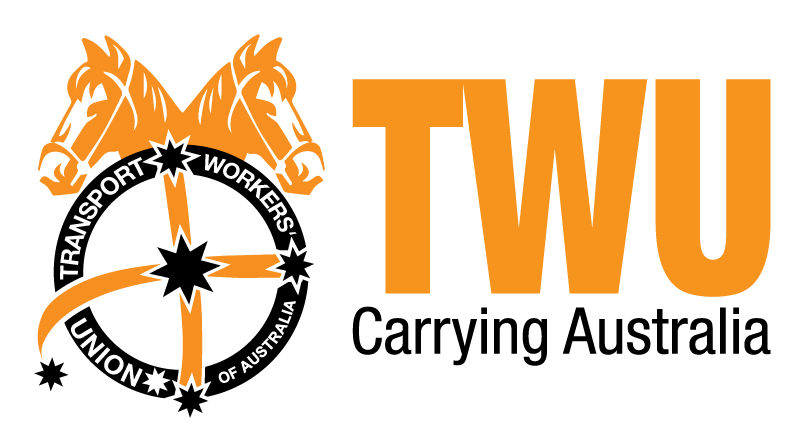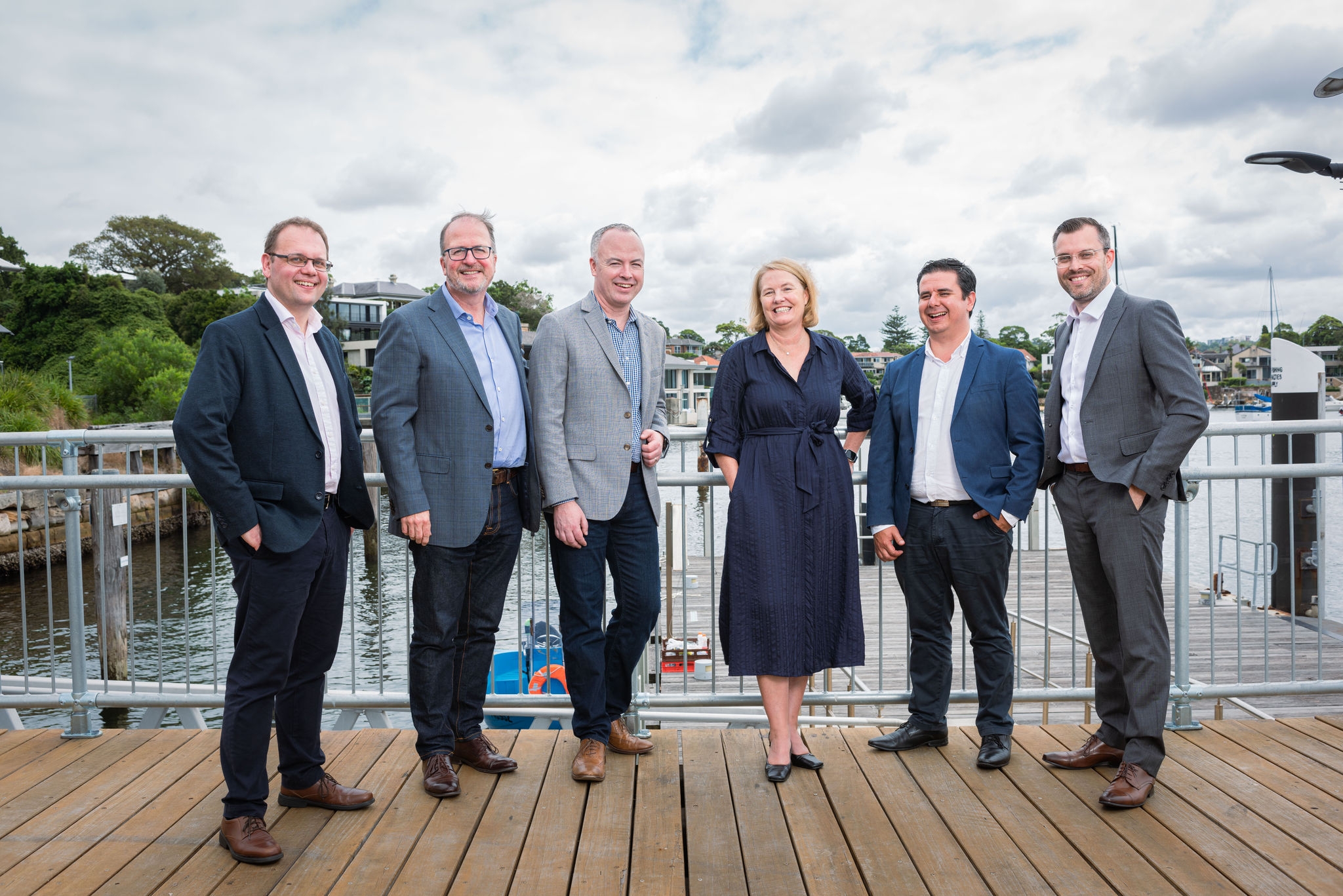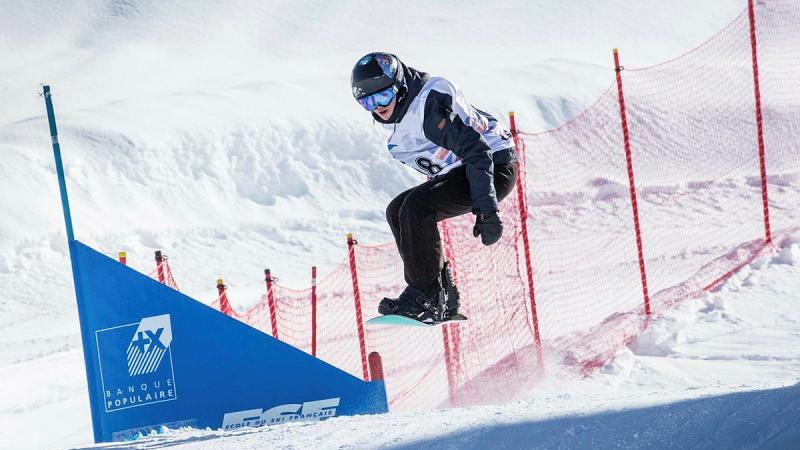Projects to investigate new therapeutic targets for epilepsy, improve chronic back pain management and develop new treatments for diabetes are among 232 projects that will share in $241 million through National Health and Medical Research Council (NHMRC) Ideas Grants announced today.
The Ideas Grant scheme funds world-class research with a focus on discovery and innovation, where teams work at the frontiers of knowledge to advance their field for the improvement of health.
NHMRC CEO Professor Anne Kelso AO said the scheme provided opportunities for researchers at all career stages.
“Ideas Grants support research that contributes to the improvement of human health – whether researchers work at the laboratory bench, in a clinic or in the community,” she said.
Projects funded in the 2022 round cover the research spectrum from basic science to clinical medicine, public health and health services research. For example:
Professor Dale Nyholt from the Queensland University of Technology will use his $1.9 million Ideas Grant to lead a team of researchers to investigate new therapeutic targets for epilepsy.
Associate Professor Susan Woods from the University of Adelaide and team will investigate using probiotics to deliver chemotherapy directly to tumours with a view to developing a new approach to the treatment of bowel cancer.
Dr Lipin Loo from the University of Sydney and team have uncovered drivers of neuropathic pain in the spine and will now explore the use of cell therapy and functional genomic technologies to deliver safe and effective ways to manage chronic pain.
Dr Garron Dodd at the University of Melbourne and team have discovered that type-2 diabetes causes changes in the casing around the brain cells that control blood glucose levels, making them insulin resistant; they plan to develop a new way to treat type-2 diabetes using drugs to reverse this process.
Associate Professor Connie Wong from Monash University and team will examine the brain-lung communication pathway to investigate why lung immunity is impaired following a stroke and assess biomarkers to identify high-risk stroke patients who will require antibacterial therapy to limit infection.
Professor Peter Le Souef from the University of Western Australia will lead a research team identifying specific changes in cells from blood and inside the noses of children who wheeze, to help predict who will go on to develop asthma and to design more specific asthma treatments.
The delivery of NHMRC grant schemes, like this one, depends on the assessment of applications by independent expert reviewers. Over 800 assessors contributed to peer review of the 2,193 Ideas Grant applications submitted to NHMRC this year, ensuring the highest-quality and most significant research is funded.
“This announcement is the culmination of intense effort, first by researchers to develop the outstanding proposals received this year and then by expert reviewers to evaluate them,” Professor Kelso said.
“The outcomes we are announcing today would not be possible without the 10,509 individual assessments of proposals that were undertaken by reviewers for this scheme. We are immensely grateful for their contribution in helping NHMRC identify the most significant projects in a highly competitive field.”
A full list of funding outcomes for Ideas Grants is available on NHMRC’s Outcomes of funding rounds webpage.








